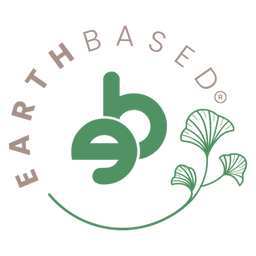Key Nutritional Components for Vegan Children
-
Iron:
Iron is crucial for children's growth and development. Plant-based sources such as beans, lentils, tofu, and leafy greens provide ample iron to support healthy brain function and red blood cell production in vegan children. -
Calcium:
Strong bones are essential for growing children, and calcium is a key nutrient for bone health. Fortified plant milks, tofu, and leafy green vegetables offer abundant calcium for vegan children to support their skeletal development. -
Vitamin D:
Vitamin D is vital for bone health and immune function. Vegan children can obtain this nutrient through fortified plant milks, sun exposure, and certain types of mushrooms, ensuring they have optimal levels for overall well-being.
Scientific Support for Vegan Diets in Childhood
Academy of Nutrition and Dietetics Position:The Academy of Nutrition and Dietetics asserts that well-planned vegetarian and vegan diets are suitable for individuals of all ages, including infants, children, and adolescents, emphasizing the safety and adequacy of plant-based diets for children's nutritional needs.
Promoting Immune Health in Vegan Children
-
Nutrient-Rich Foods:
Citrus fruits, berries, kiwifruit, red bell peppers, broccoli, ginger, garlic, and turmeric offer a wealth of vitamins, minerals, and antioxidants that bolster immune function, ensuring that vegan children have robust defenses against infections and illnesses.
-
Zinc-Rich Plant Foods:
Legumes, nuts, seeds, whole grains, and fortified plant-based foods are excellent sources of zinc, a vital nutrient for immune support. Including these zinc-rich options in a vegan child's diet helps maintain a strong and resilient immune system.
- Limiting Processed Foods:
Processed foods, high in unhealthy fats, sugars, and sodium, can compromise children's health. By prioritizing whole, nutrient-dense foods and minimizing processed options, parents can promote optimal growth, development, and immune function in their vegan children.
